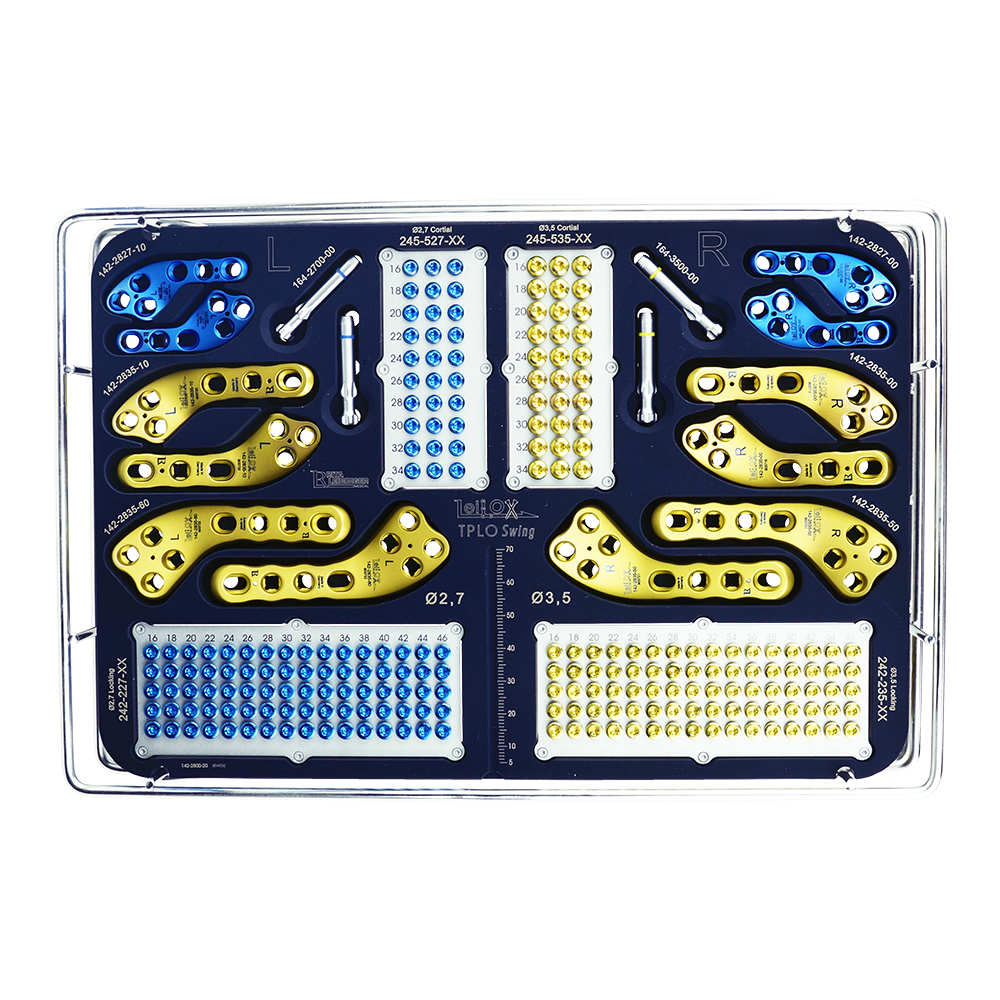When it comes to understanding your health better, diagnostic tests like the CECT whole abdomen play a crucial role. This advanced imaging procedure provides detailed insights into abdominal structures, helping doctors diagnose various conditions effectively. But what exactly is a CECT abdomen test, and why might your doctor recommend it? Let’s break it down in simple terms.
What is a CECT Whole Abdomen Test?
CECT stands for Contrast-Enhanced Computed Tomography. It’s a specialized scan that uses X-rays combined with a contrast dye to produce highly detailed images of your abdominal organs, such as the liver, kidneys, pancreas, intestines, and blood vessels. The contrast dye enhances the visibility of these structures, making it easier to identify abnormalities like tumors, infections, or injuries.
For instance, imagine you’ve been experiencing unexplained abdominal pain. A CECT whole abdomen test can help pinpoint the cause, whether it’s appendicitis, a cyst, or an infection, so your doctor can recommend the best treatment plan.
How is the Test Performed?
Getting a CECT whole abdomen test might sound intimidating, but the procedure is straightforward and painless. Here’s what typically happens:
- Preparation: You may be asked to fast for a few hours before the test. If you’re taking any medications or have allergies, inform your doctor.
- Contrast Dye Injection: The technician administers a contrast dye, either orally or through an IV. You might feel a slight warmth or a metallic taste during the injection, but it’s temporary.
- The Scan: You’ll lie on a table that slides into the CT scanner. The machine takes cross-sectional images of your abdomen while you remain still.
- Post-Test: Once the scan is complete, you can resume your regular activities. Drink plenty of water to flush out the contrast dye.
Why is a CECT Abdomen Test Recommended?
Doctors recommend this test for various reasons, including:
- Abdominal Pain: To identify the root cause, such as kidney stones, infections, or tumors.
- Injuries: To assess internal injuries after trauma or accidents.
- Suspected Cancer: To detect tumors or monitor the effectiveness of cancer treatments.
- Post-Surgery Complications: To check for infections or leaks after abdominal surgeries.
For example, Ramesh, a 45-year-old with a history of gallbladder issues, experienced persistent pain even after surgery. His doctor recommended a CECT whole abdomen test, which revealed a minor post-surgical complication that was promptly addressed.
How to Prepare for the Test?
Preparation is key to ensuring accurate results. Here are some tips:
- Follow Instructions: Stick to your doctor’s fasting guidelines.
- Hydration: Drink water unless you’ve been advised otherwise.
- Share Medical History: Mention any allergies, especially to contrast dye, or if you’re pregnant or breastfeeding.
Is the CECT Abdomen Test Safe?
Yes, the CECT abdomen test is generally safe. However, some people might experience mild side effects from the contrast dye, such as nausea or itching. Serious allergic reactions are rare but possible, so it’s essential to inform your doctor about any past reactions.
The radiation exposure during the scan is minimal and carefully controlled to avoid unnecessary risks. Your doctor will only recommend the test if its benefits outweigh any potential risks.
The Cost of a CECT Whole Abdomen Test
The cost of a CECT whole abdomen test varies depending on the location, diagnostic center, and additional factors like contrast dye use. On average, it ranges from ₹5,000 to ₹10,000 in India. Many diagnostic centers offer packages or discounts, so it’s worth exploring your options.
Final Thoughts
The CECT whole abdomen test is a powerful diagnostic tool that helps doctors get a clear picture of what’s happening inside your abdomen. Whether it’s detecting an issue early or guiding treatment decisions, this test can be a lifesaver.
If your doctor has recommended a CECT abdomen test, don’t hesitate to ask questions and discuss any concerns. Remember, being proactive about your health is the first step towards well-being.
Have you or someone you know undergone a CECT test? Share your experiences in the comments below to help others feel more prepared!










